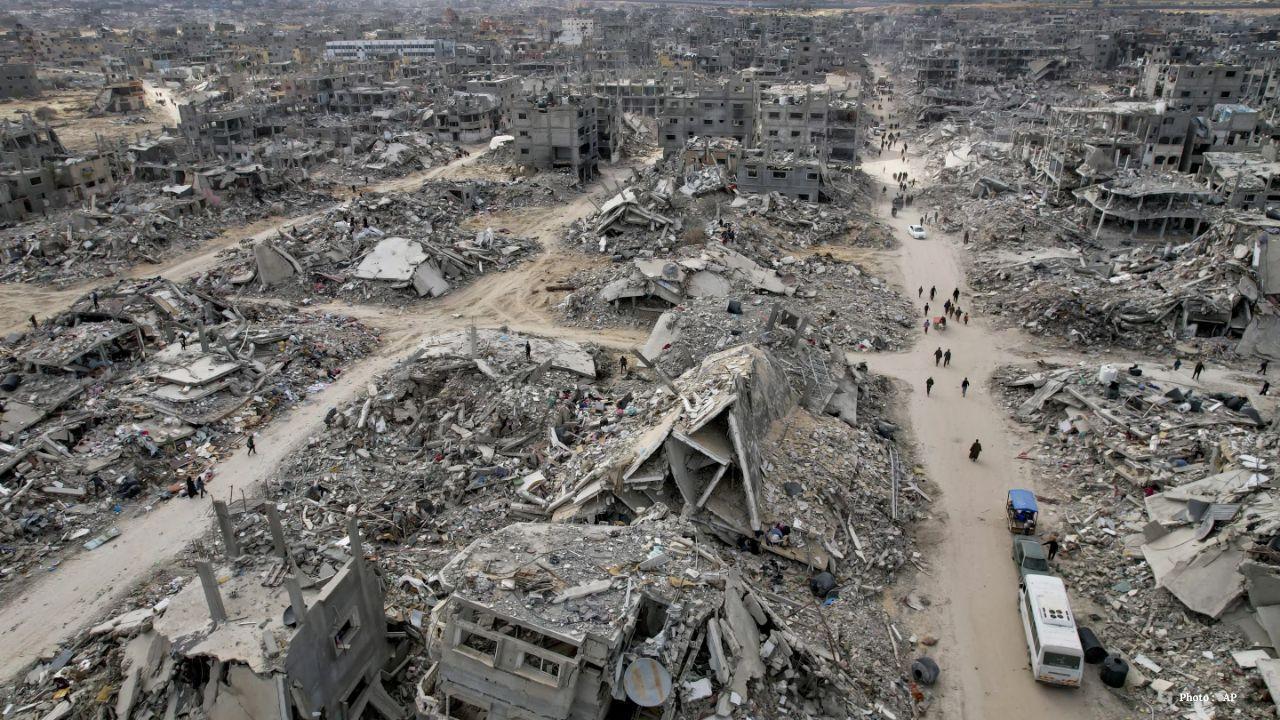
Post by :
A growing number of international experts, including those chosen by the United Nations, have stated that Israel’s current military actions in the Gaza Strip could be considered genocide. These claims have brought Israel under increasing international criticism and may harm its reputation even among long-time allies.
Israel strongly rejects these accusations. The country, which was created partly as a safe home for Jews after the Holocaust, insists it is acting in self-defense. Many others say that only an international court can officially decide if genocide is taking place.
Despite Israel’s denials, worldwide anger has grown as people see images of suffering children and families in Gaza. This comes after almost two years of war that has killed tens of thousands of Palestinians and destroyed much of Gaza. A recent military push in Gaza’s largest city has intensified concerns, with some European nations criticizing Israel’s actions.
The genocide accusation raises a serious and troubling question: could a state formed to protect Jews from genocide itself be committing genocide now?
Israeli leaders describe these accusations as a form of hidden antisemitism. They emphasize that Israel follows international law and issues warnings to Gaza civilians before military operations. They also point out that Hamas’ attack on Israel on October 7, 2023, which triggered the war, was itself genocidal. In that attack, militants killed around 1,200 people, mostly civilians, and took 251 hostages. Israel believes about 20 of these hostages are still alive in Gaza.
Following this, Israel’s military response has caused large-scale destruction in Gaza. Many areas are now in ruins, and parts of the population are facing famine. Israeli officials have suggested moving Palestinians out of Gaza, which critics argue could be seen as forced displacement.
Gaza’s Health Ministry, run by local authorities, reports that over 65,000 Palestinians have died since the war began. About half of them are women and children. The ministry does not break down the numbers of civilians versus combatants.
Understanding Genocide:
Genocide is a term defined in a 1948 international agreement created after the Holocaust. It describes acts intended to destroy, in whole or in part, a group of people based on nationality, ethnicity, race, or religion. This can include killing people, causing serious physical or mental harm, or creating living conditions that deliberately lead to the group’s destruction.
Experts and human rights organizations have increasingly used the term to describe the situation in Gaza. A recent report by independent UN experts concluded that Israel’s actions aim to destroy the Palestinian population in Gaza, which qualifies as genocide according to their analysis. They cited Israel’s complete siege of Gaza, widespread killings and injuries, and the destruction of essential facilities like schools and hospitals. Israel argues that some of these facilities are used by Hamas for military purposes and says it lifted a full blockade for a few months in May.
Several well-known scholars, including professors specializing in Holocaust and genocide studies, have publicly called Israel’s actions genocidal. One expert, who initially disagreed, changed his view after Israel took control of the city of Rafah and forced most residents to leave.
Spanish Prime Minister Pedro Sánchez recently labeled Israel’s conduct as genocide, saying it is not an act of self-defense but an “extermination of a defenseless people.” Two Israeli human rights groups have also supported this claim, though their opinion does not represent the majority of Israelis.
International human rights organizations have echoed these concerns. Amnesty International described Israel’s campaign and its cumulative impact as showing clear genocidal intent. Human Rights Watch accused Israel of depriving Gaza residents of water, calling it “an act of genocide.”
Opposition to the Genocide Claim:
Many others do not agree with the genocide label. Israel points out that the Holocaust is central to its national identity and sees these accusations as an attack on its legitimacy. Israeli officials argue that Hamas is prolonging the war by refusing to surrender and holding hostages.
Israel’s Foreign Ministry called the UN experts’ report “distorted and false.” Prime Minister Benjamin Netanyahu said that if Israel wanted, it could have committed genocide in a single day, implying that the country has acted with restraint. Experts clarify that genocide is defined by intent, not the number of people killed.
Some international figures and groups also disagree with labeling Israel’s actions as genocide. A former U.S. president, for example, said he did not see evidence supporting the claim. The foundation established by Holocaust survivor Elie Wiesel also stated that Israel’s actions are acts of self-defense, not genocide.
Holocaust scholars have warned that calling Israel’s actions genocide can fuel antisemitism, while the UN Secretary-General and other leaders stress that only international courts can make a legal judgment on genocide.
International Legal Proceedings:
In 2023, South Africa filed a case at the International Court of Justice accusing Israel of genocide. About a dozen countries have supported this case. A final ruling could take many years. To succeed, the court must prove Israel intended to destroy Palestinians. Lawyers supporting the case point to statements by Israeli leaders describing Palestinians in Gaza in dehumanizing terms. Israel says these remarks were taken out of context and were directed at Hamas, not civilians.
Even if the court rules against Israel, it cannot immediately stop actions or punish perpetrators. The UN Security Council would need to take steps such as sanctions or authorize military action. The United States, a strong supporter of Israel, has historically blocked resolutions against Israel in the council.
Meanwhile, the International Criminal Court has issued arrest warrants for Netanyahu and other officials, but not specifically for genocide. They face allegations of using starvation as a method of war, which Israel denies.
Global Pressure on Israel:
Israel faces increasing international pressure, even from countries not labeling its actions as genocide. Cultural and sports boycotts have been suggested, and protests have occurred in several European cities. European Union officials have recommended partially suspending trade, while countries like Germany and the U.K. have restricted some military exports to Israel.
Experts note that the term “genocide” has a huge impact beyond legal consequences. A country accused of genocide faces long-lasting political, cultural, and moral challenges. This label shapes how the world views Israel and its history, regardless of legal rulings.
Israel, Gaza, genocide, Palestinians, war, humanitarian crisis, international law
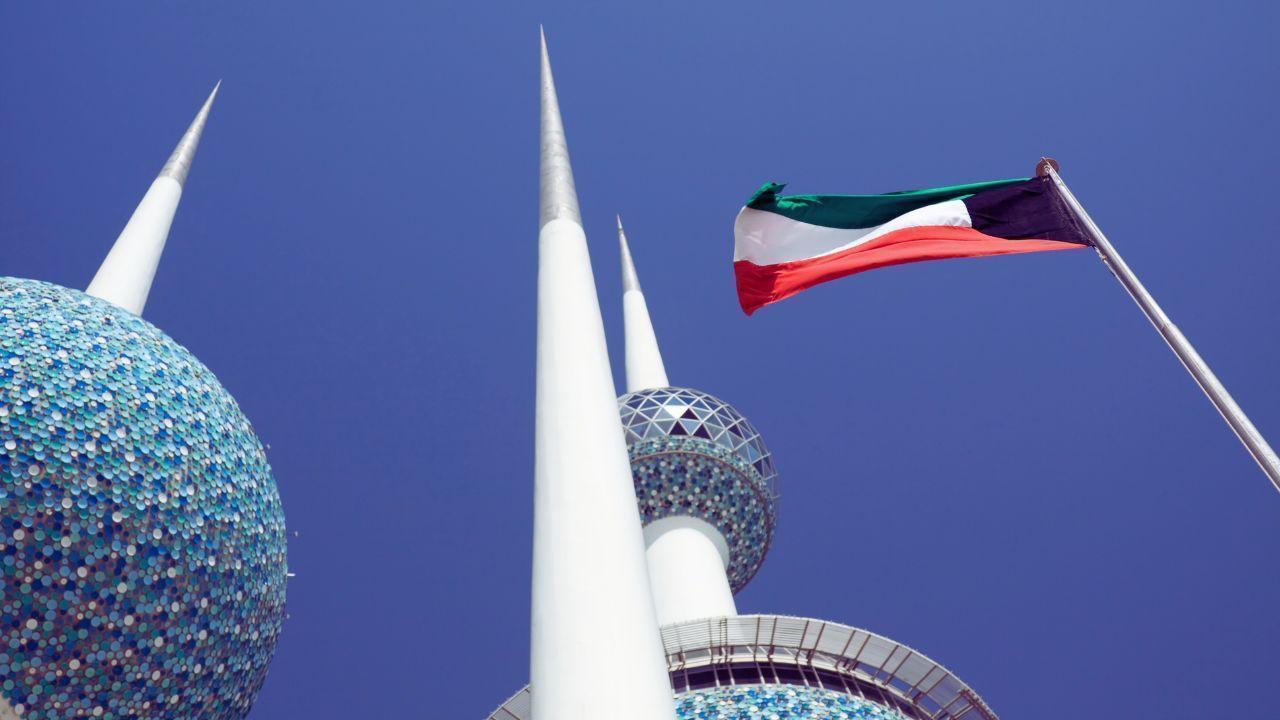


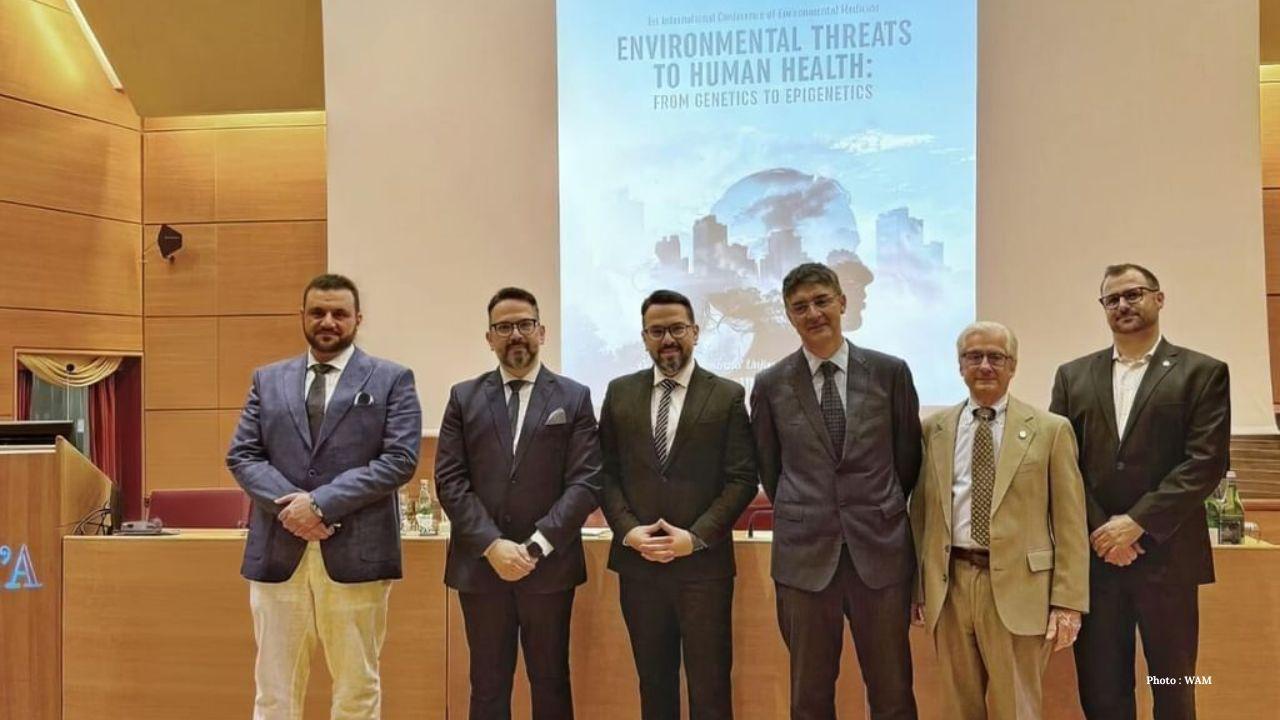

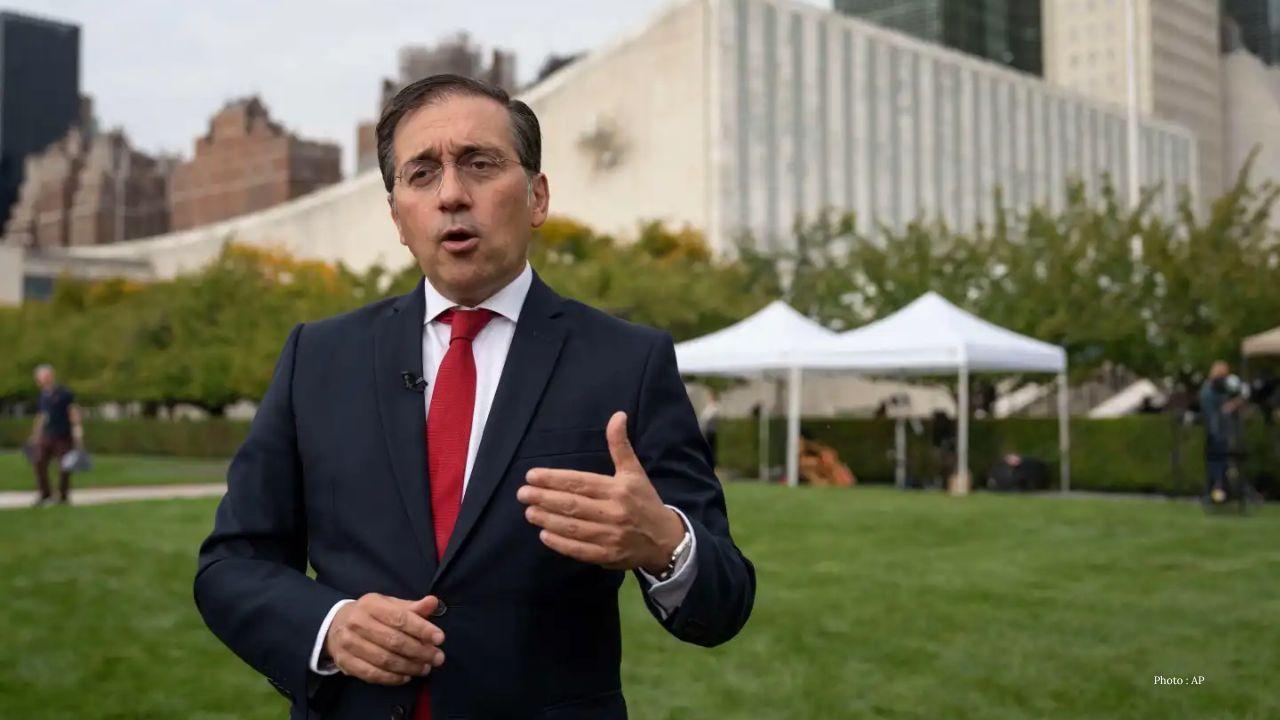


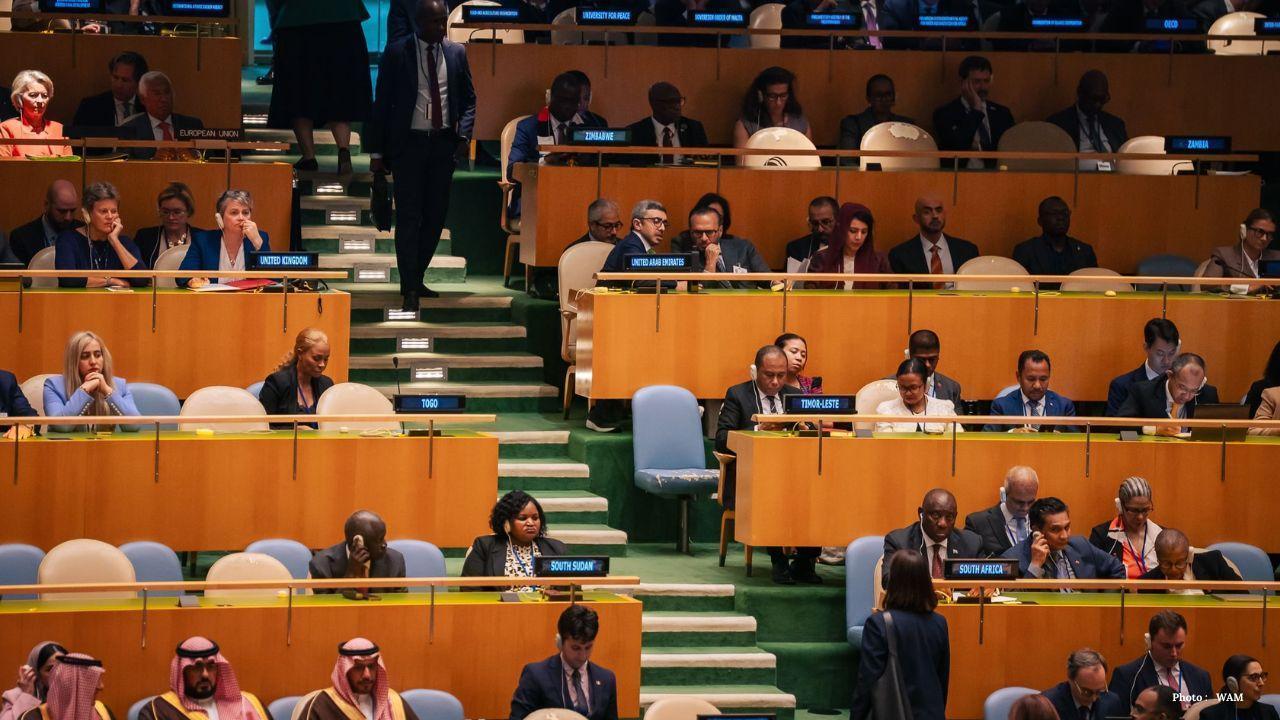

TRENDS & STRATEGIECS Join Hands for Global Research Collaboration
TRENDS and STRATEGIECS signed an agreement to strengthen research, share expertise, and support stra

US TikTok Deal Oracle to Oversee App Security
Oracle and Silver Lake may take charge of TikTok’s U.S. operations, handling data and algorithm to m

Nvidia to Invest $100B in Massive AI Data Center Project
Nvidia and OpenAI partner for largest AI infrastructure ever, planning $100B investment and millions

Sharjah Free Zone Showcases Gold & Jewellery Hub at Hong Kong Fair
Sharjah’s Free Zone highlights investment opportunities, advanced facilities, and global partnership
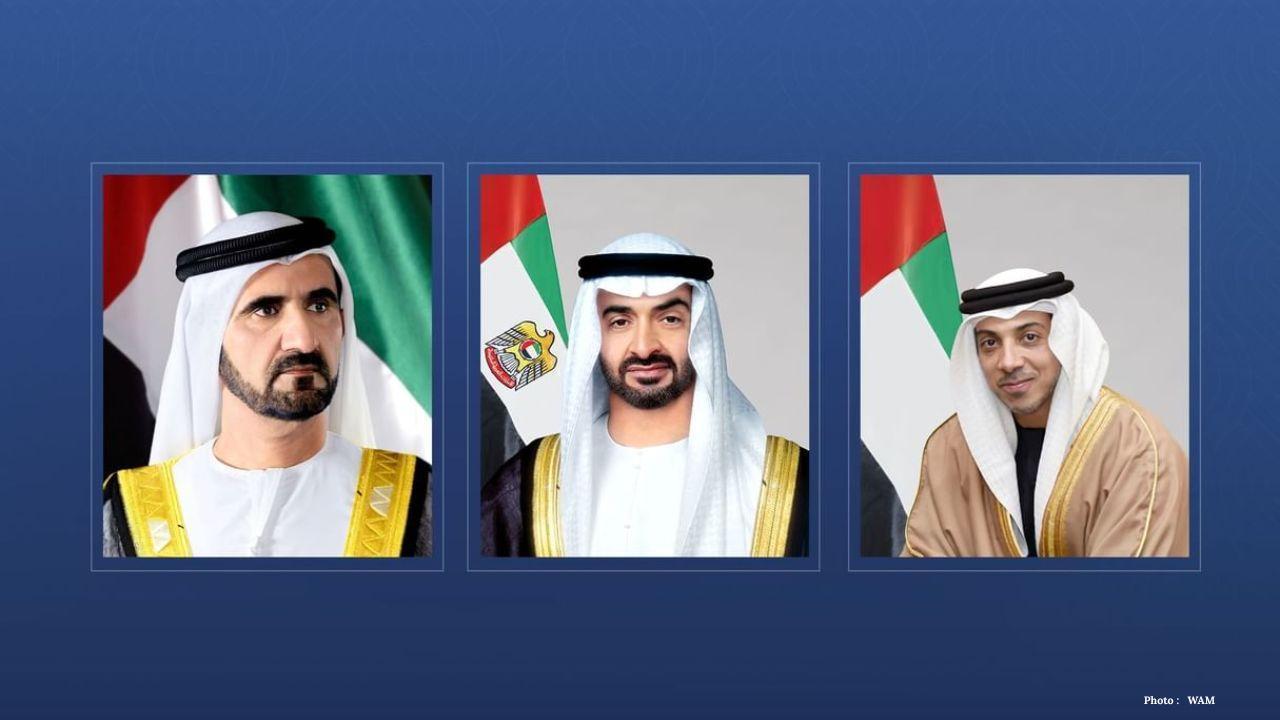
UAE Leaders Congratulate Saudi King and Crown Prince on 95th National Day
UAE leaders send warm congratulations to Saudi Arabia’s King Salman and Crown Prince on the Kingdom’

Bruce Pearl Retires as Auburn Coach Son Steven Takes Over
Auburn coach Bruce Pearl retires after historic career, son Steven steps up as head coach to continu